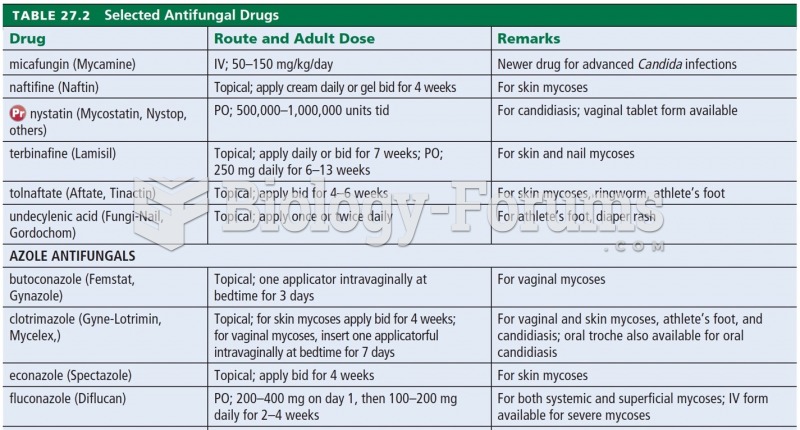|
|
|
Did you know?
It is widely believed that giving a daily oral dose of aspirin to heart attack patients improves their chances of survival because the aspirin blocks the formation of new blood clots.
Did you know?
If all the neurons in the human body were lined up, they would stretch more than 600 miles.
Did you know?
The human body produces and destroys 15 million blood cells every second.
Did you know?
Inotropic therapy does not have a role in the treatment of most heart failure patients. These drugs can make patients feel and function better but usually do not lengthen the predicted length of their lives.
Did you know?
The horizontal fraction bar was introduced by the Arabs.







